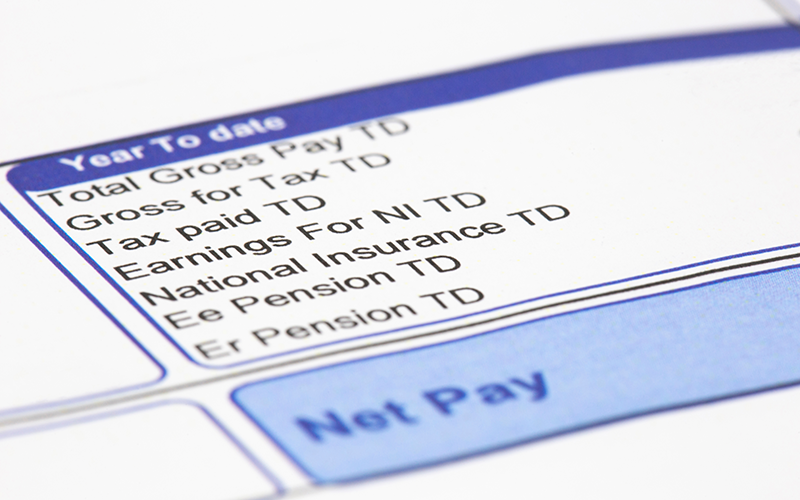By Richard Johnstone | 4 February 2013
Government reforms to the state pension could increase the cost of public sector pensions to the taxpayer, a think-tank warned today.

Image | rigsbyphoto / shutterstock
Calling the various pension proposals a ‘toxic tangle’, the Centre for Policy Studies urged ministers to re-examine changes to public sector pensions agreed last year.
However, the GMB union said it would be ‘absolutely bonkers’ to restart negotiations on the controversial reforms.
Last month, pensions minister Steve Webb announced plans to create a new flat rate, single-tier state pension worth £144 a week from April 2017. This will be done by merging the current state pension with the state second pension, which is based on earnings and National Insurance contributions.
As part of the reform, workers currently ‘contracted out’ of the state second pension, to pay into their own workplace scheme, would be absorbed back into it.
As a result, employers and employees would no longer receive the National Insurance rebate for contracted out schemes and would have to increase their contributions to make up the loss. This would affect some 5.3 million public sector workers.
Michael Johnson, author of the centre’s report, A toxic tangle, estimated the end of the rebate would cost employers £3.4bn and employees £1.4bn, increasing the overall cost of schemes.
Johnson, a pensions analyst and former adviser to the Conservative Party, added that public sector pensions were also not able to change to meet these higher costs. Public sector employees would continue to receive ‘enhanced’ pension benefits, as if still contracted-out, while also being entitled to accrued benefits from the new single-tier state pension.
By contrast, Johnson said, private sector employers that were contracted out would be permitted to change their scheme rules, and reduce the pensions paid, without trustee consent. This would enable them to recoup the lost National Insurance rebates.
He estimated this meant there are around £4bn of costs that could be avoided.
Following Lord Hutton’s review of public sector pensions, which reported in March 2011, the government is making a number of changes by 2014. These include moving from final salary, defined benefit schemes to career average salary schemes and increasing contributions.
Johnson said the introduction of a single-tier state pension would mean ‘the sustainability of the post-Hutton pension settlement is even more questionable than previously thought’.
He called for the Public Service Pensions Bill, implementing the changes, to be halted. ‘The need for bolder reform of public sector pensions is far greater than that proposed in the Public Service Pensions Bill. And the coalition must act now to untangle the expensive consequences of the interaction between its various pension reform proposals.’
Responding to the report, GMB national secretary Brian Strutton that it was ‘bonkers’ to halt public sector pension negotiations as a result of the single-tier reforms.
The additional costs put forward by the report ‘simply do not exist’, he added. Strutton, who was involved in the negotiations over the pension reforms, said: ‘Firstly, the CPS says the end of the state additional pension contracting out rebate will be a £3.4bn pension cost to the taxpayer – wrong, it is a tax not a pension cost and it benefits the taxpayer.
‘Secondly, the CPS says public sector employees will still get pensions as if contracted out at an additional cost of £4bn. Wrong, this is not an additional cost, it is the same cost as before. So there is no “new” cost at all. In fact the Office for Budget Responsibility says the reforms save the taxpayer 40% of pension costs.’
He added that the ‘real purpose’ behind the report was to restart pension negotiations. ‘This is absolutely bonkers. Nobody in their right mind would sensibly advocate going through years of negotiations again and delaying reform even further.’





















